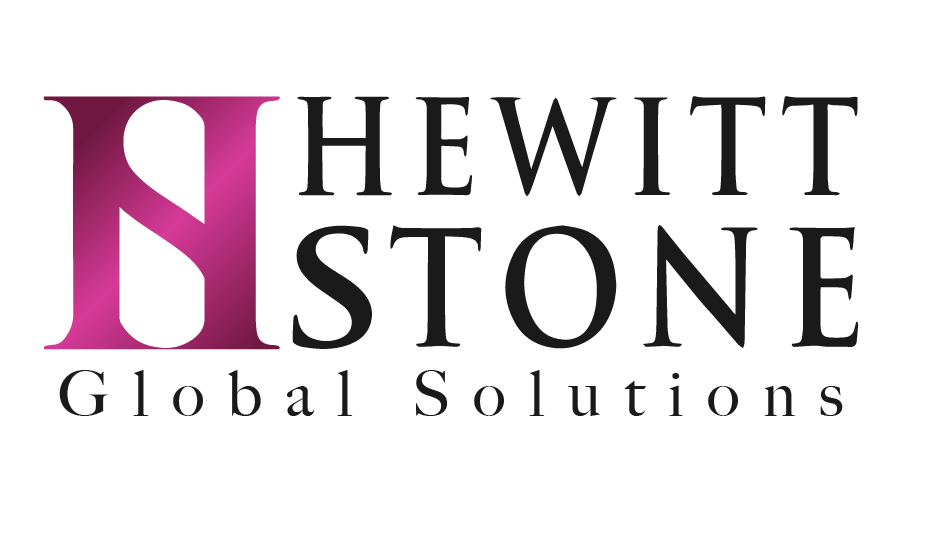The non-life insurance industry is a dynamic field that requires professionals to blend analytical skills with people-oriented expertise. In such a competitive landscape that encompasses insurance products like property, casualty, auto, and liability insurance, all of which play critical roles in protecting individuals and businesses against unforeseen risks, standing out means mastering key competencies that are crucial for long-term success.
Achieving excellence requires a dedication to mastering core competencies that not only enhance career growth but also improve client satisfaction and trust. For both new and seasoned professionals, here are the top five skills to develop, along with recommended degrees and certifications that can provide a deeper understanding of each area and boost professional credibility.
1. Understanding Risk Assessment and Management
At the core of general insurance is risk assessment and management. This skill involves identifying, evaluating, and strategically managing the various risks that policyholders face. Professionals who excel in risk management have a keen ability to balance client protection with the insurer’s risk exposure, making them invaluable assets to their organizations.
Key components of risk management in non-life insurance include:
- Risk Identification: Recognizing potential hazards or liabilities for clients, whether they’re related to property, business operations, or individual responsibilities.
- Risk Analysis: Evaluating the likelihood and potential severity of these risks to determine the appropriate level of coverage.
- Mitigation Strategies: Structuring policies and coverage to minimize the financial impact of these risks, balancing protection for clients with cost-effectiveness for insurers.
For those looking to deepen their expertise, degrees in finance, actuarial science, or risk management provide a solid foundation. Additionally, certifications like the Certified Risk Manager (CRM) or Chartered Property Casualty Underwriter (CPCU) offer focused training in assessing and managing risks in the insurance industry. Mastering this skill not only helps in tailoring coverage to meet client needs but also builds a reputation for reliability and accuracy within the field.
2. Mastering Communication Skills for Client Interaction
The non-life insurance field requires professionals to communicate complex information effectively. Clients often depend on insurance professionals to demystify technical jargon and help them make informed choices about coverage options. Strong communication skills not only ensure that clients fully understand their policies but also foster trust and loyalty, essential for client retention and satisfaction.
Proficiency in communication allows non-life insurance professionals to:
- Clarify Complex Policies: Breaking down intricate insurance terms and policy details into digestible information.
- Build Rapport with Clients: Establishing a positive, client-centric approach that reassures and retains clients.
- Handle Client Concerns Effectively: Navigating sensitive conversations about claims, policy limitations, and coverage needs with empathy and professionalism.
Degrees in business administration, marketing, or communications are ideal for those aiming to refine their communication skills. Certifications such as the Certified Insurance Service Representative (CISR) provide specialized training in customer service skills for insurance professionals. These credentials can enhance communication abilities and elevate client relationships, which are critical to career growth and success in this industry.
3. Developing Analytical Thinking and Problem-Solving Abilities
Analytical thinking is indispensable in the non-life insurance sector, where professionals must evaluate data, recognize trends, and make informed decisions to meet client needs. The ability to solve problems quickly and creatively also allows professionals to respond to industry changes and client demands efficiently.
Analytical thinking and problem-solving offer several advantages:
- Identifying and Responding to Trends: By analyzing claims data and market shifts, insurance professionals can adapt offerings to address emerging risks, such as cyber threats or climate-related damage.
- Crafting Tailored Solutions: Tailoring policies to individual clients based on their risk profiles, financial needs, and unique circumstances.
- Efficient Claims Processing: Resolving claims by thoroughly reviewing data, determining liability, and providing timely responses to clients.
Pursuing degrees in statistics, economics, or data analytics can strengthen these skills. Certifications like the Associate in Risk Management (ARM) or CPCU provide advanced training in risk analysis, financial assessment, and strategic planning, allowing professionals to make data-driven decisions and stay ahead of market trends.
4. Embracing Technology and Digital Tools in Insurance
The insurance industry is increasingly relying on technology to enhance customer service, improve efficiency, and streamline operations. Familiarity with digital tools such as customer relationship management (CRM) software, data analytics platforms, and AI-powered underwriting systems is essential for non-life insurance professionals who want to stay competitive and deliver enhanced client experiences.
Key benefits of embracing technology include:
- Streamlined Operations: Using digital tools to manage client data, policy details, and claims, which reduces errors and improves response times.
- Enhanced Customer Experience: Leveraging digital communication channels to engage with clients, personalize interactions, and maintain transparency.
- Data-Driven Insights: Utilizing data analytics to assess risk, customize policies, and provide more accurate premium pricing.
Training in data analytics, digital marketing, or information technology can provide a strong technological foundation. Certifications like the Certified Insurance Data Scientist (CIDS) help professionals harness the power of data, predictive analytics, and AI for improved decision-making, ultimately resulting in better client services and operational efficiency.
5. Building Strong Networking and Relationship Management Skills
Building a robust professional network and developing strong relationship management skills are essential for career growth in non-life insurance. Effective relationship management not only increases client satisfaction but also opens doors to potential referrals, partnerships, and growth opportunities. A well-maintained network with clients, industry peers, and other stakeholders helps professionals stay informed and competitive.
The advantages of networking and relationship management include:
- Enhanced Business Opportunities: Leveraging industry connections to gain referrals, partnerships, and collaborations that expand client reach.
- Stronger Client Relationships: Maintaining meaningful relationships with clients fosters loyalty, repeat business, and positive referrals.
- Continuous Professional Development: Engaging with industry peers helps professionals stay up to date on market trends, regulatory changes, and emerging risks.
Degrees in business or psychology, with a focus on interpersonal and negotiation skills, can provide a strong foundation for relationship management. Professionals can also benefit from certifications in client relationship management or courses that focus on strategic networking.
Conclusion
Non-life insurance professionals who excel in risk management, communication, analytical thinking, digital tools, and relationship management set themselves apart in a competitive market. Mastering these skills – and complementing them with relevant degrees and certifications – enables professionals to deliver top-tier client service, make informed decisions, and build strong, lasting relationships.
If you’re ready to elevate your career in general insurance, Hewitt Stone can guide you toward the roles and opportunities that match your skillset and ambitions. Check out available job openings or contact us today to learn how our specialized recruitment services can connect you with leading employers who value expertise and professional growth. Let Hewitt Stone be your partner on the path to career success in the insurance industry.



